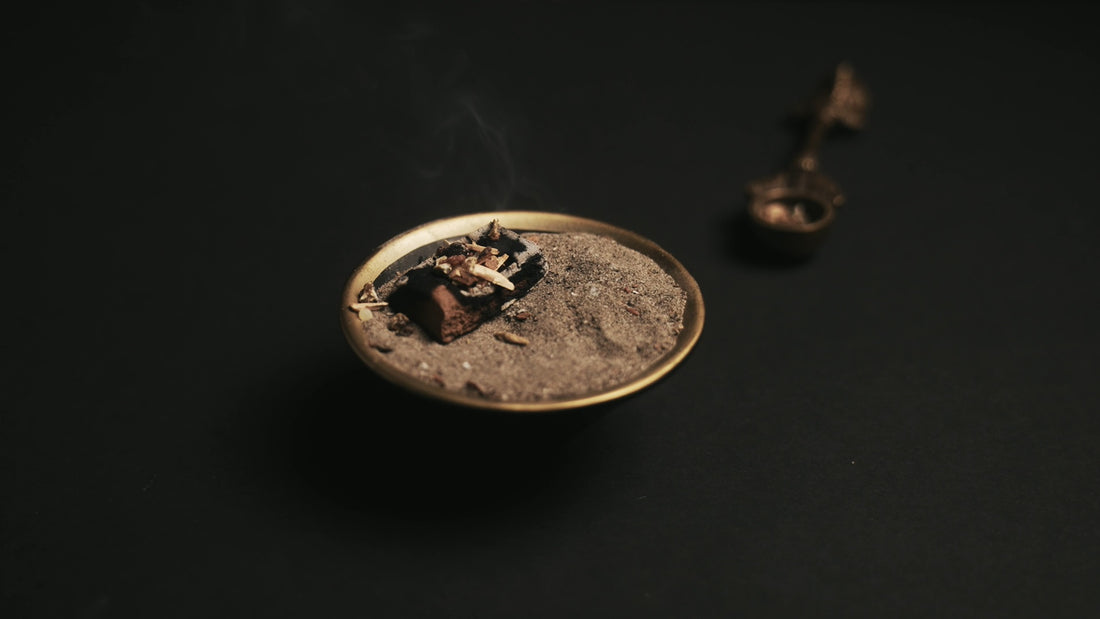
Is Incense Bad for You?
Incense has been a part of human history for thousands of years. One of the most well-known benefits of incense is its role in aromatherapy. The soothing scents of natural ingredients like herbs, resins, and essential oils can have a profound impact on your mood and overall well-being. Burning incense can help reduce stress and anxiety, improve focus and concentration, and even promote better sleep. It's a simple and effective way to create a tranquil atmosphere in your home or workspace.
Incense has also been an integral part of religious and spiritual ceremonies for centuries. Its use goes beyond mere scent; it's a bridge to the divine. Whether used in meditation, prayer, or other spiritual practices, incense can aid in creating a sacred and harmonious environment. However, in recent years, concerns have arisen about the potential health risks associated with burning incense.
What are the main concerns when it comes to burning incense?
One of the most common concerns about incense is its impact on air quality. If you are in an enclosed space with poor ventilation and burn synthetic incense frequently, it can potentially lead to respiratory problems, especially if you have preexisting respiratory conditions. While it's true that burning any substance can release particulate matter and potentially cause respiratory problems, this concern is often overstated.
The composition of incense can vary widely. Some types of incense may contain synthetic fragrances and binders that release potentially harmful compounds when burned. The same goes for the charcoal discs typically sold in incense shops. They are often advertised as self-igniting (which means they light up fast), but the burning agent responsible for this property is saltpeter, which produces fumes that are toxic if inhaled. Burning natural incense in a well-ventilated space and using high-quality, non-toxic ingredients significantly reduces any negative effects on air quality. As for charcoal, you can opt for a natural alternative or eliminate it altogether by using an incense burner with a tealight candle or an electric one.
There are certain carcinogenic compounds that are associated with burning wood, which is a common ingredient in incense blends. Long-term exposure to these compounds may increase health risks. However, burning natural incense occasionally (as opposed to five times a day) is unlikely to have adverse health effects; it also ensures you stay mindful of the preciousness of the ingredients, and respectful of the ritual.
Some individuals may be sensitive or allergic to the smoke or specific fragrances in incense, leading to symptoms like irritation, headaches, or respiratory distress. However, natural incense, which uses pure ingredients, is less likely to trigger allergies compared to synthetic alternatives.
What can you do to use incense safely
Is incense bad for you? The short answer is incense, like many things, can be bad for your health, but it doesn't have to. While concerns about the potential health risks of burning incense exist, they can be mitigated by:
Incense is a time-honored tradition that offers a plethora of benefits, from stress relief to spiritual enhancement. By making informed choices, you can enjoy the enchanting world of natural incense without worrying about any negative effects on your health, instead embracing its impact on your well-being.
